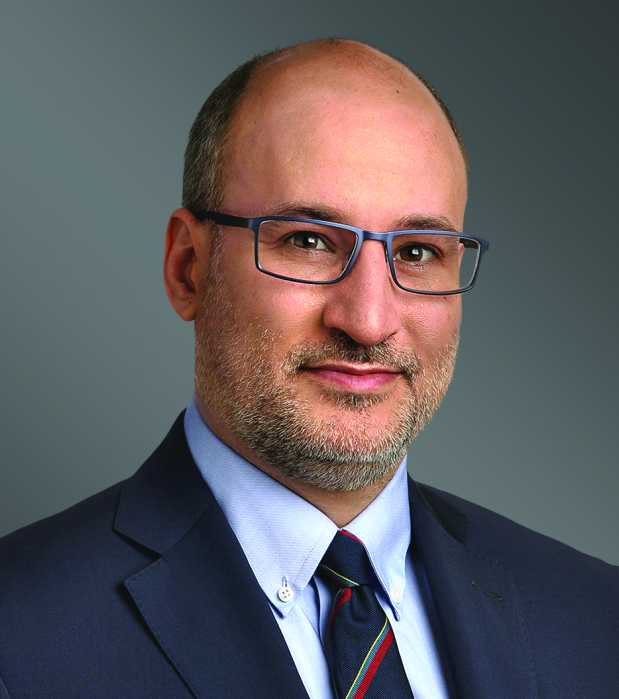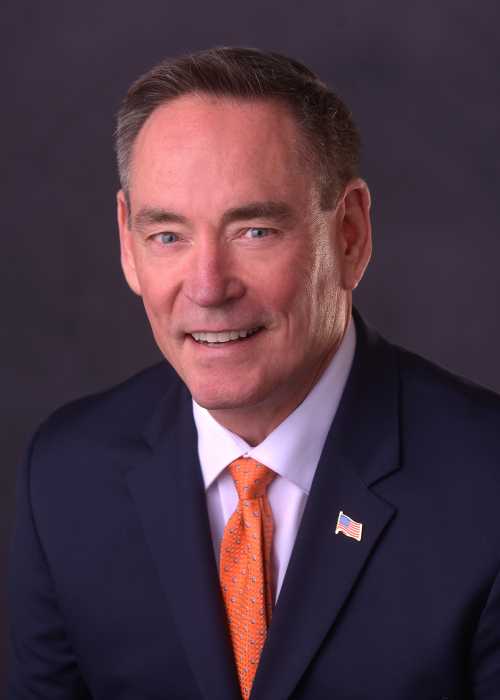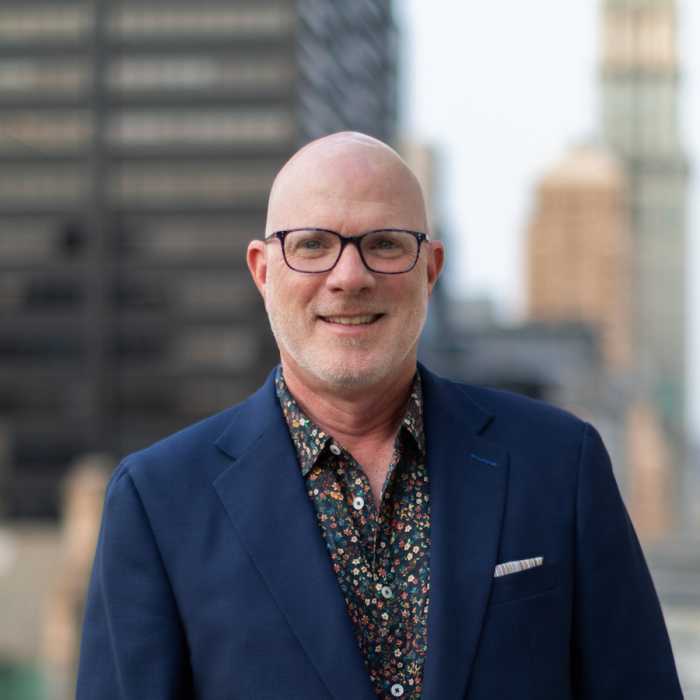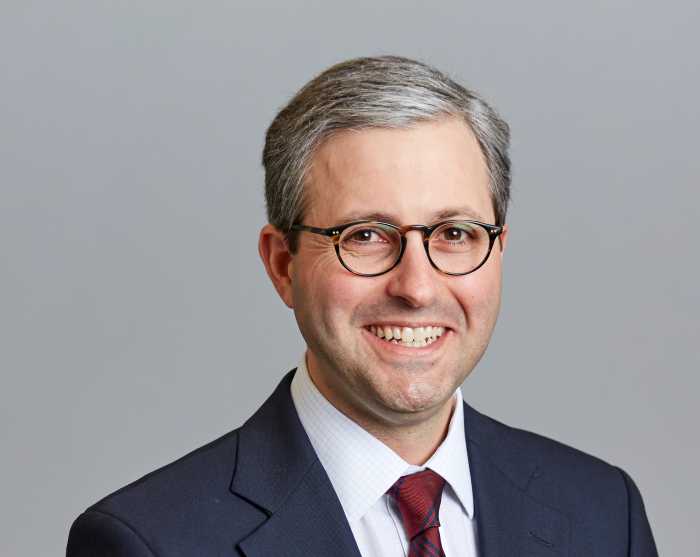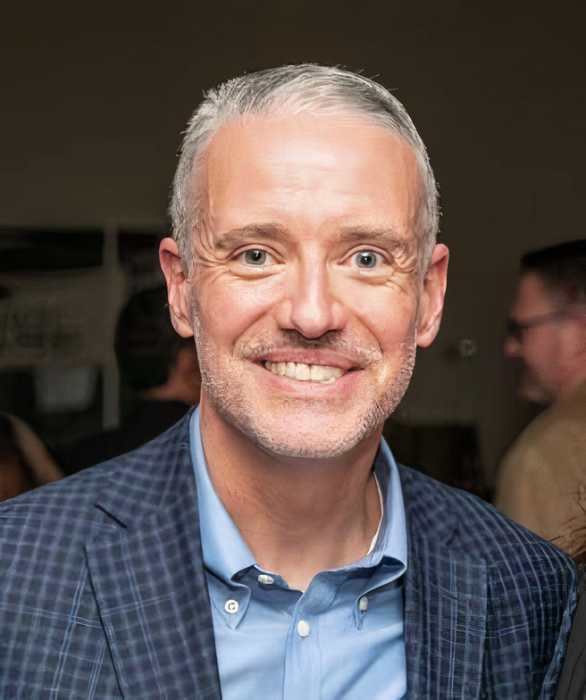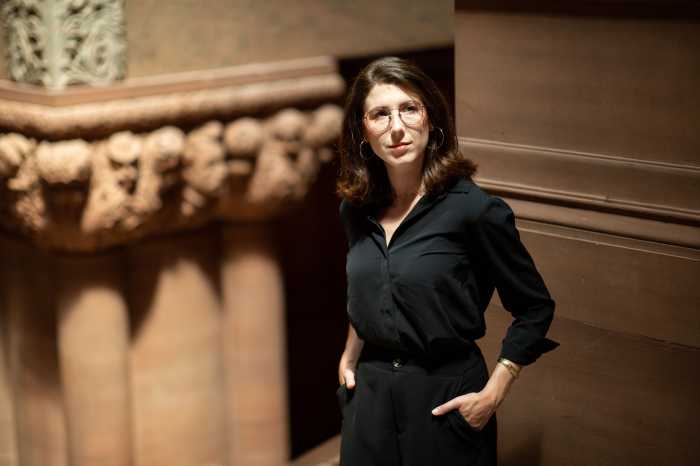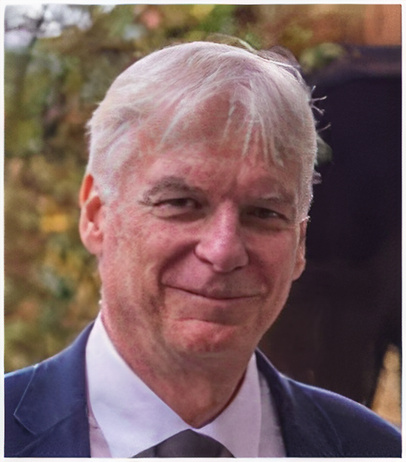Kate Kitchener is the director of the Bureau of Recycling and Sustainability at the New York City Department of Sanitation. She oversees programs that provide NYC residents with the opportunity to divert textiles, electronics, organics, and harmful household products. Kate has a strong focus on waste research and policy, leveraging Extended Producer Responsibility and grant funding to develop innovative strategies for managing a challenging and dynamic waste stream.
What is one thing your organization hopes to accomplish in 2024?
Food and yard waste make up 36% of the residential waste stream in NYC. When landfilled, this organic waste can release potent greenhouse gasses contributing to climate change. This fall, DSNY will be rolling out curbside collection of composting to every single New Yorker – a service already available in half the City. This convenient program will ensure that food and yard waste aren’t wasted, but a resource to build soils and create energy.
Do you have any advice for someone looking to pursue a career in your field?
When implementing sustainability policies and programs, it is essential to have a pragmatic approach, balancing ideal goals against economic realities, the political landscape, and logistical constraints. Programs that truly have a significant impact need long-term funding, support from the administration, and to be easily accessible for all New Yorkers.
What is one thing everyone can do to help protect the environment?
Take the time to properly separate your waste. Properly separating your recycling helps reduce the need to mine virgin resources to make new products. Separating your food and yard waste can help rebuild our soils and create energy to heat our homes.
What can policymakers do to aid in your organization’s work?
New York State has implemented several successful Extended Producer Responsibility laws for products like electronics, paint, and rechargeable batteries. These laws take the burden off municipal budgets (and taxpayers) and place the responsibility for managing product end-of-life on the manufacturer that made that product. The legislature has introduced a similar bill to address product packaging which would create long-term funding for recycling and incentivize manufacturers to design more easily recyclable packaging.



